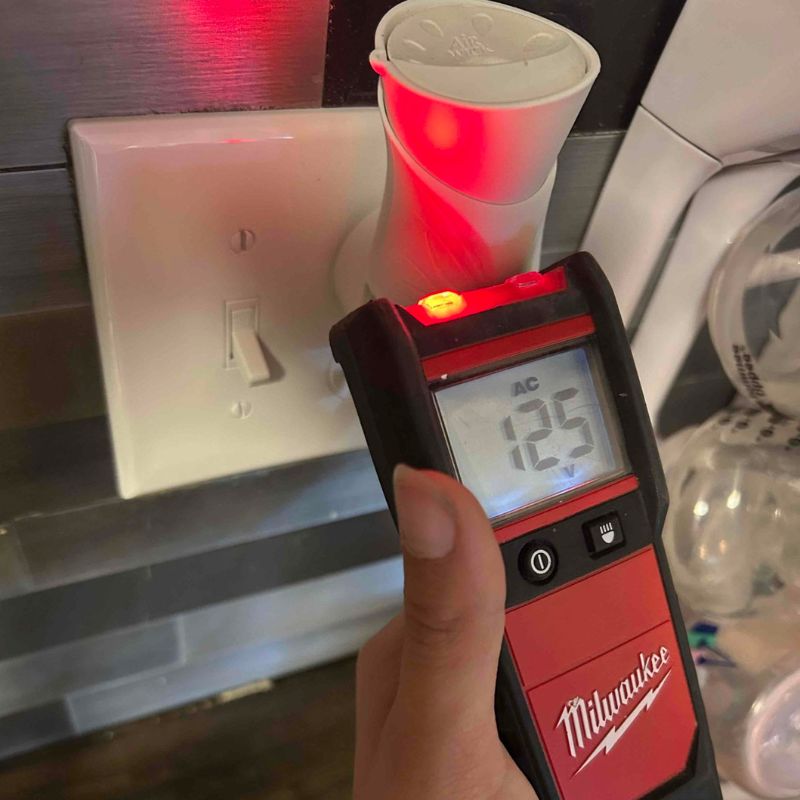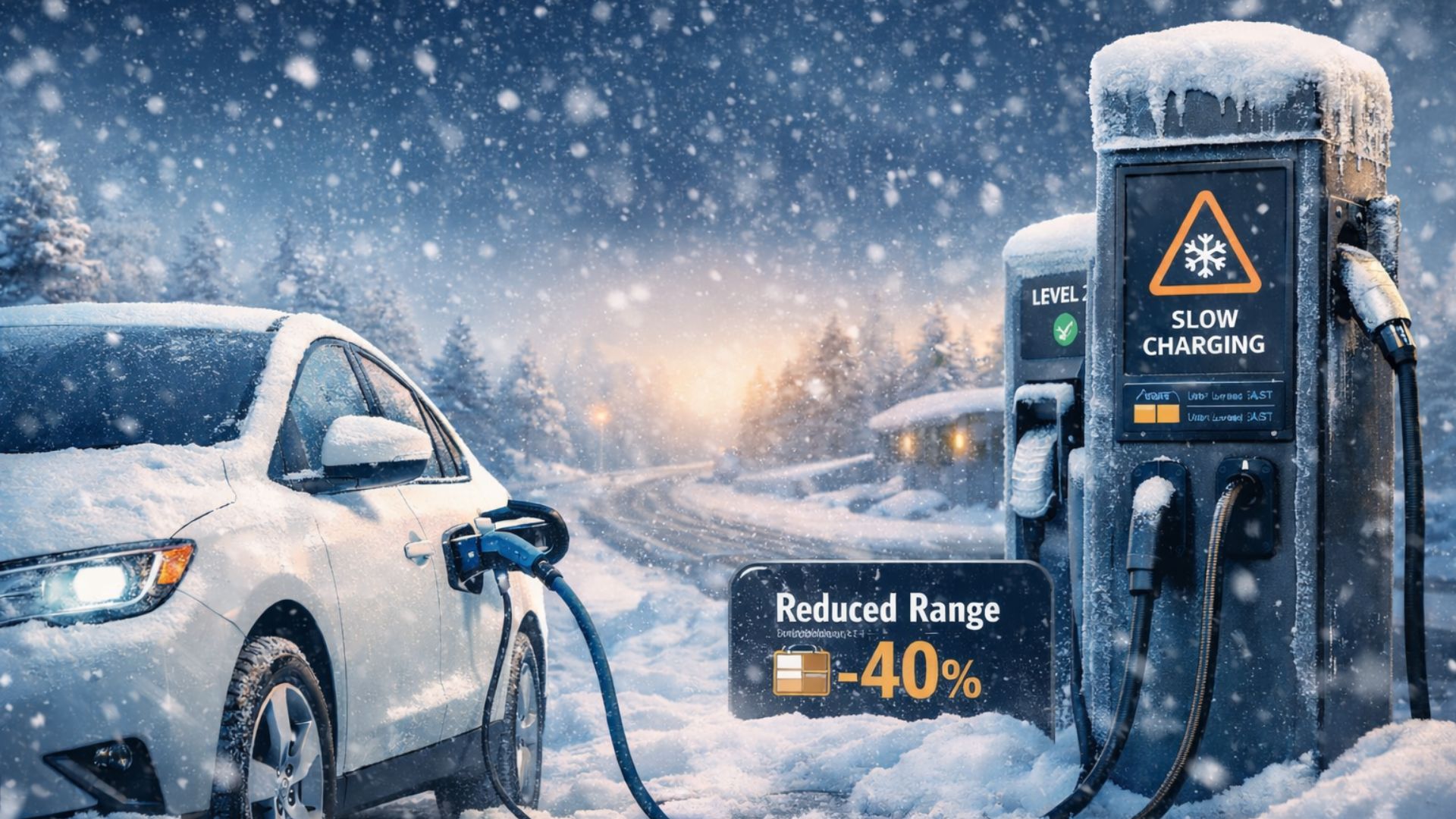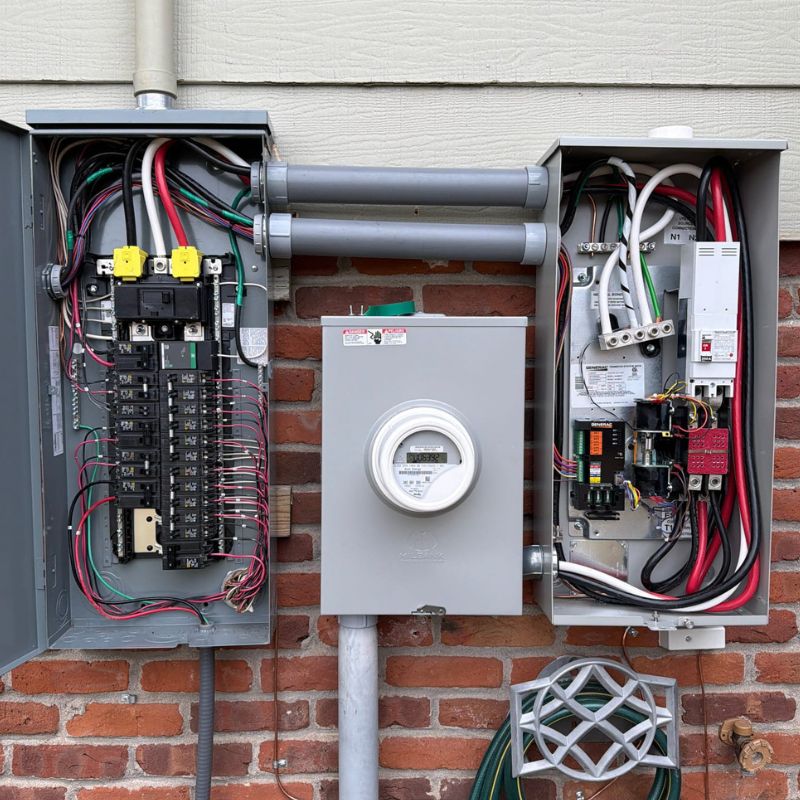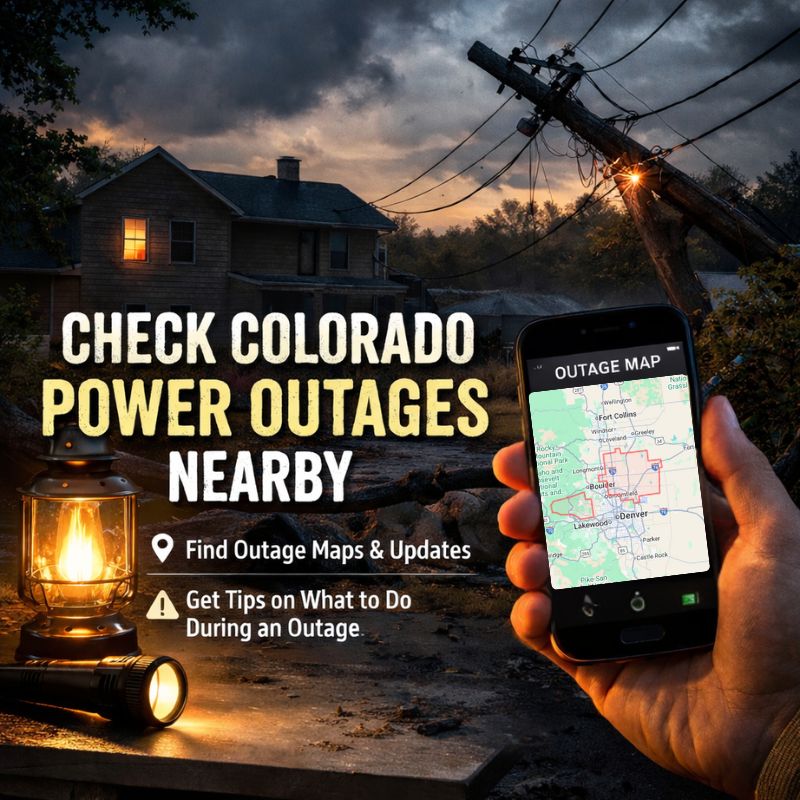Contents
- Why You Shouldn’t DIY Electrical Repairs During an Emergency
- Why DIY Electrical Repairs Are Dangerous in Emergencies
- Can I Legally Do My Own Electrical Work in Colorado?
- Why Emergencies Demand Professional Help
- What Is the Best Method for Repairing a Broken Electrical Wire?
- What Is the Most Common Electrical Repair at Home?
- FAQs
- Why The Electricians Are Colorado’s Go-To for Emergency Electrical Repair
Trusted Colorado Electricians
Why You Shouldn’t DIY Electrical Repairs During an Emergency
Picture this: The lights start flickering, an outlet sparks, or worse, your breaker panel makes a noise that sounds like it belongs in a horror movie.
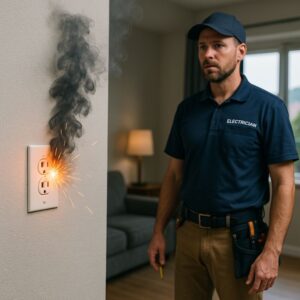
Your first instinct might be to grab a screwdriver and search YouTube for “DIY electrical repairs home.” After all, how hard can it be, right?
Here’s the truth: during an electrical emergency, doing it yourself is not just risky, it can be outright dangerous. While DIY projects are great for building a deck or painting the guest bedroom, electrical repair is a different game.
Your safety, your home, and sometimes your insurance coverage are all on the line.
At The Electricians, we’ve seen it all, from melted wires hidden behind drywall to ceiling fans installed so badly they looked like they were preparing for liftoff.
Let’s break down why DIY electrical repairs are a bad idea in emergencies, what’s actually legal, and why calling a licensed electrician in Colorado is the smart move.
Why DIY Electrical Repairs Are Dangerous in Emergencies
Electrical work involves high voltage, complex wiring systems, and codes designed to keep people safe. Tackling emergency repairs without the right knowledge and tools often leads to:
- Shocks and injuries: Even small mistakes in electrical wiring repair can cause severe electric shock.
- Fires: Faulty connections or using the wrong materials is one of the leading causes of residential electrical fires.
- Hidden damage: DIY fixes may appear to solve the problem but create more expensive issues down the road.
- Code violations: Colorado requires licensed electricians for most emergency electrical work. A DIY job may fail inspection, especially if you try to sell your home later.
It’s the classic case of “just because you can, doesn’t mean you should.”
Can I Legally Do My Own Electrical Work in Colorado?
This is one of the most common questions we hear. The answer is sometimes, but there are limits:
- Homeowners may be allowed to do minor electrical work (like replacing a light switch) in their own residence if it passes inspection.
- Emergency repairs or complex projects (like panel upgrades, rewiring, or circuit repair) must legally be performed by a licensed electrician.
- Commercial properties: DIY electrical repairs are not permitted—licensed professionals are required.
Skipping permits or inspections might save time now, but it can cause major headaches when insurance companies or city inspectors get involved.
Why Emergencies Demand Professional Help
When an outlet starts smoking or your breaker won’t reset, time is of the essence. Trying to troubleshoot in panic mode increases your risk of mistakes. A trained electrician can:
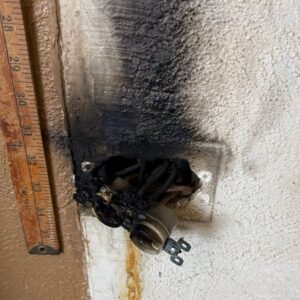
- Identify the root cause, not just the symptom.
- Perform electrical wiring repair safely under pressure.
- Restore power quickly while ensuring the system is up to code.
- Prevent long-term damage to your home’s electrical system.
Think of it this way: if your car’s brakes fail while driving, you don’t YouTube “brake repair in five minutes.”
You call a professional mechanic. Electrical emergencies deserve the same respect.
What Is the Best Method for Repairing a Broken Electrical Wire?
The best method is the one performed by a licensed electrician. Broken wires need:
- Proper diagnosis—was it damaged by wear and tear, rodents, or overheating?
- Correct splicing and insulation—using approved wire nuts, junction boxes, and protective coverings.
- Code compliance—ensuring the repair meets Colorado’s electrical codes for safety.
A DIY patch with duct tape or a twist of bare copper is not just unsafe, it’s a fire waiting to happen.
What Is the Most Common Electrical Repair at Home?
Some of the most frequent electrical repairs we see in Colorado homes include:
- Faulty outlets that stop working or spark.
- Tripped breakers caused by overloaded circuits.
- Worn wiring behind walls.
- Light fixtures that flicker or fail due to improper installation.
While these may look simple on the surface, they often signal deeper issues in your electrical system. A professional residential electrician can resolve the repair and prevent repeat problems.
FAQs
Can I do some electrical work myself?
Yes, minor things like changing a light bulb or swapping out a cover plate are generally safe. But for wiring, breaker panels, or anything tied to safety and code, call a pro.
Does homeowners insurance cover DIY electrical repairs gone wrong?
Usually not. Insurance companies often deny claims if unlicensed work caused the damage. That’s another reason to hire a professional.
How do I know when to call a home electrical repair service?
If you see sparks, smell burning, or lose power unexpectedly, don’t gamble with safety. Pick up the phone and call a licensed electrician immediately.

Why The Electricians Are Colorado’s Go-To for Emergency Electrical Repair
At The Electricians, we’ve built our reputation as the best electricians in Colorado by handling emergencies with speed and professionalism.
Whether it’s a smoking outlet in Denver, a tripped breaker in Colorado Springs, or wiring damage in a mountain cabin, we’ve got you covered.
Our team is licensed, insured, and trained to handle any electrical repair safely and effectively. You focus on keeping your family safe, we’ll focus on getting the power back on.
DIY electrical repairs during an emergency may sound tempting, but the risks outweigh the rewards. From legal restrictions to safety hazards, one wrong move can turn a small problem into a major disaster.
When in doubt, call a licensed residential electrician.
In Colorado, that means calling The Electricians, your trusted partner for safe, reliable, and professional home electrical repair service.
Related Posts
If you enjoyed reading this, then please explore our other articles below:
Electrical Panels in Colorado Homes
Many homes across Colorado, especially in Denver, Aurora, Lakewood, and Colorado Springs, were built with electrical panels that were never designed for modern power demands. Cold winters, EV charging, home offices, and newer appliances place added stress on older panels and breakers.
If you are noticing frequent breaker trips, buzzing sounds, or planning an upgrade like an EV charger or heat pump, a licensed Colorado electrician can evaluate whether your panel needs repairs or a full power upgrade.
